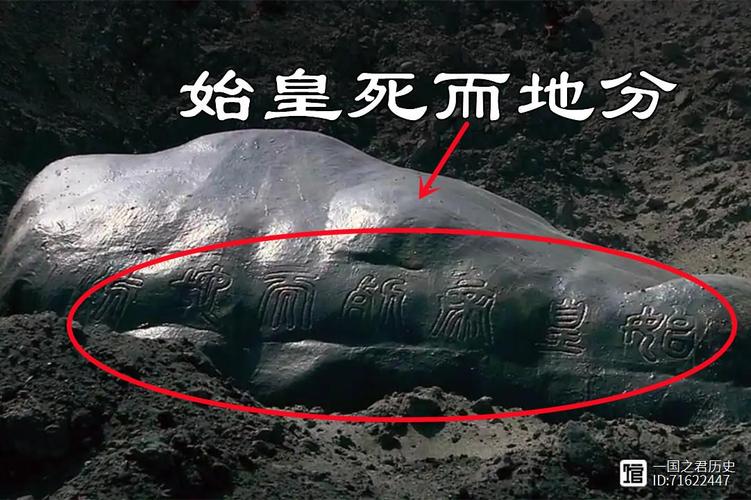
What Happened After the Death of Qin Shi Huang?
Qin Shi Huang, the First Emperor of a unified China, left behind a legacy as impressive as it was brutal. He standardized weights and measures, currency, and even the written script, forging a unified empire from warring states. However, his reign was also marked by autocratic rule and ruthless suppression of dissent. After his death in 206 BCE, the seeds of discontent he unknowingly sowed blossomed into rebellion, leading to the swift downfall of the Qin dynasty and the rise of the Han.
The Collapse of the Qin Dynasty
Several factors contributed to the rapid disintegration of the Qin dynasty following the emperor’s demise:
1. Internal Power Struggle
- The Power Vacuum: Qin Shi Huang's death created a power vacuum at the heart of the empire.
- The Rise of Zhao Gao: Zhao Gao, the ambitious and cunning eunuch official, manipulated his way into a position of power. He orchestrated the death of the rightful heir, Fusu, and installed the pliable Huhai, the Second Emperor, as a puppet ruler.
- Weakened Leadership: Huhai, lacking his father's political acumen, fell under Zhao Gao's complete control, leading to a series of disastrous decisions that further destabilized the empire.
2. Widespread Rebellion
- Resentment towards Qin Policies: Qin Shi Huang's ambitious projects, such as the Great Wall and his elaborate mausoleum, while impressive, came at a heavy price. The massive conscription of labor and high taxation fueled widespread resentment and unrest among the populace.
- The Uprising Begins: In 209 BCE, two peasant soldiers, Chen Sheng and Wu Guang, ignited the flames of rebellion. Though their uprising was eventually quelled, it inspired numerous others to rise up against the Qin across the empire.
3. The Rise of New Leaders
- Liu Bang's Ascent: Among the rebels, a minor official named Liu Bang emerged as a formidable leader. A charismatic figure known for his tactical brilliance and understanding of the common man, Liu Bang rallied support and marched towards the heart of the Qin Empire.
- Xiang Yu's Might: Another powerful contender, Xiang Yu, a skilled general descended from a noble family, led a separate rebellion. He inflicted crushing defeats on the Qin armies, further weakening the dynasty's grip on power.
The Dawn of the Han Dynasty
The Qin dynasty crumbled under the combined weight of internal strife and relentless rebellions. Liu Bang, after a prolonged power struggle with Xiang Yu, emerged victorious and established the Han dynasty in 206 BCE.
- The End of an Era: Xiang Yu’s defeat marked the end of the Qin dynasty, a short but impactful period in Chinese history.
- A New Beginning: Liu Bang's victory ushered in the Han Dynasty, a dynasty that would rule for over four centuries and is considered a golden age in Chinese history.
Q&A
1. Who was responsible for the death of Qin Shi Huang's rightful heir? * Zhao Gao, a power-hungry eunuch official, orchestrated the death of Fusu, the rightful heir.
2. What were some of the reasons for the widespread rebellion against the Qin Dynasty? * Resentment towards heavy taxation, forced labor, and the oppressive rule of the Qin fueled rebellion.
3. Who were the two key leaders who emerged from the rebellion and contended for power? * Liu Bang and Xiang Yu emerged as powerful leaders, with Liu Bang eventually prevailing and establishing the Han Dynasty.